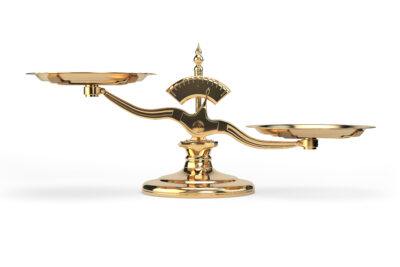The asymmetry of central bank power
For some time now, a lot of attention has been put on the Federal Reserve’s decision on whether or not to increase the federal funds rate target or to leave it unchanged at its current level. The health of the U.S. economy (and a significant part of the world economy) seems to depend whether or not the FOMC decides to hike the Fed funds target, an overnight rate that U.S. banks charge each other (up to 0.25%.)
When the economy needs to be fixed, it seems that the federal funds rate is enough to do the trick. Investment that depends on long-run interest rates rather than short-run interest rates can be indirectly affected by the very short run interest rates that banks charge each other. This requires one to assume that such short-run interest rates have much more power than one might think as they can have a very real effect on the economy. Otherwise, why would so many central banks around the world target short-term interest rates of one kind or another? An increase by just 0.25% of the federal funds rate can be so powerful that FOMC members often hesitate to raise target rates. It could be too much for the economy.
But when it comes to market distortions that could lead to a crisis, policy makers insist that monetary policy cannot seriously disrupt the economy. This rhetoric sticks because of the assumption that policy makers know what they are doing coupled with a weakened monetary authority. But really, it could be said that the monetary authority is very weak or very strong– it depends on how you read it. The Federal Reserve targets a very short-run interest rate, so it is very unlikely that it actually has significant long-run consequences on the real economy. Changes in nominal variables are ultimately neutral and therefore have no real effects beyond some short-run effects.
This semantic asymmetry is also quite convenient for policy makers. On one hand, they are powerless to produce a crisis such as the subprime crisis, but on the other, they hold the power to fix the economy when the market fails. By that logic, a central bank is a danger to market stability but also a great healing power in its own right.
The monetary authority either has the power to do good and bad, or it has no power at all. If the central bank is, in fact, institutionally powerless, why have one at all? And if it is so dangerous, should we really have such an institution? And, if at the end of the day we decide that we should have such an institution, are the institutional and policy constraints as strong and efficient as they should be?
I’m not talking about the change in monetary policy tools and the financial situation after the subprime crisis. I would simply like to draw attention to a more general implied message that shows an asymmetric treatment of central banks. Words matter.









